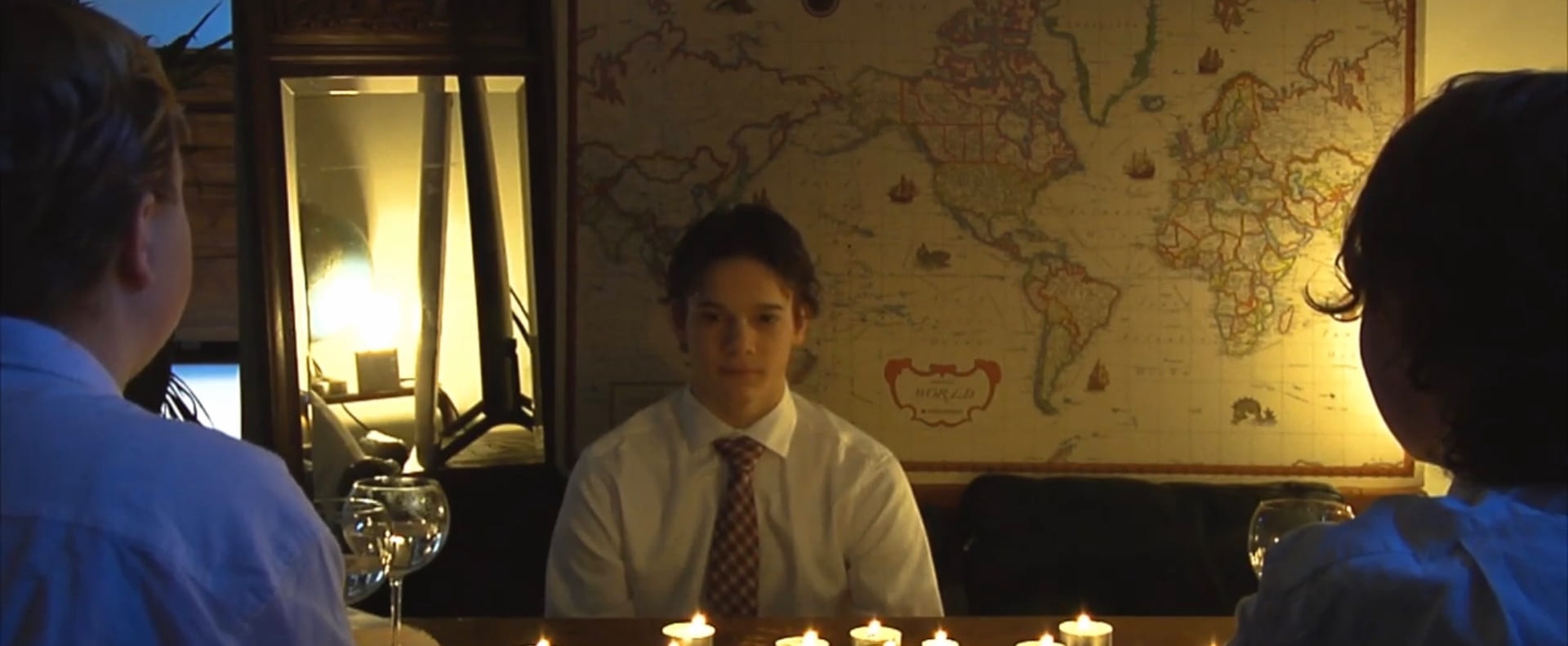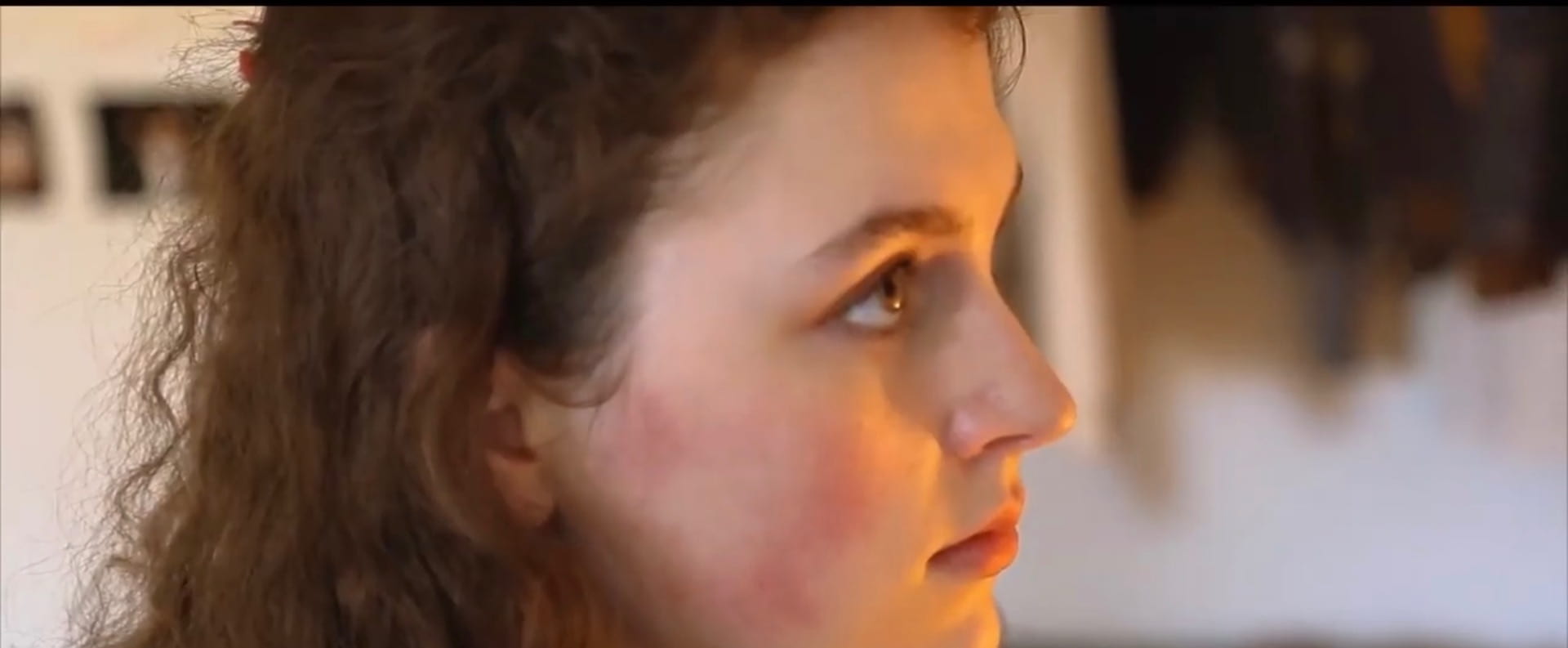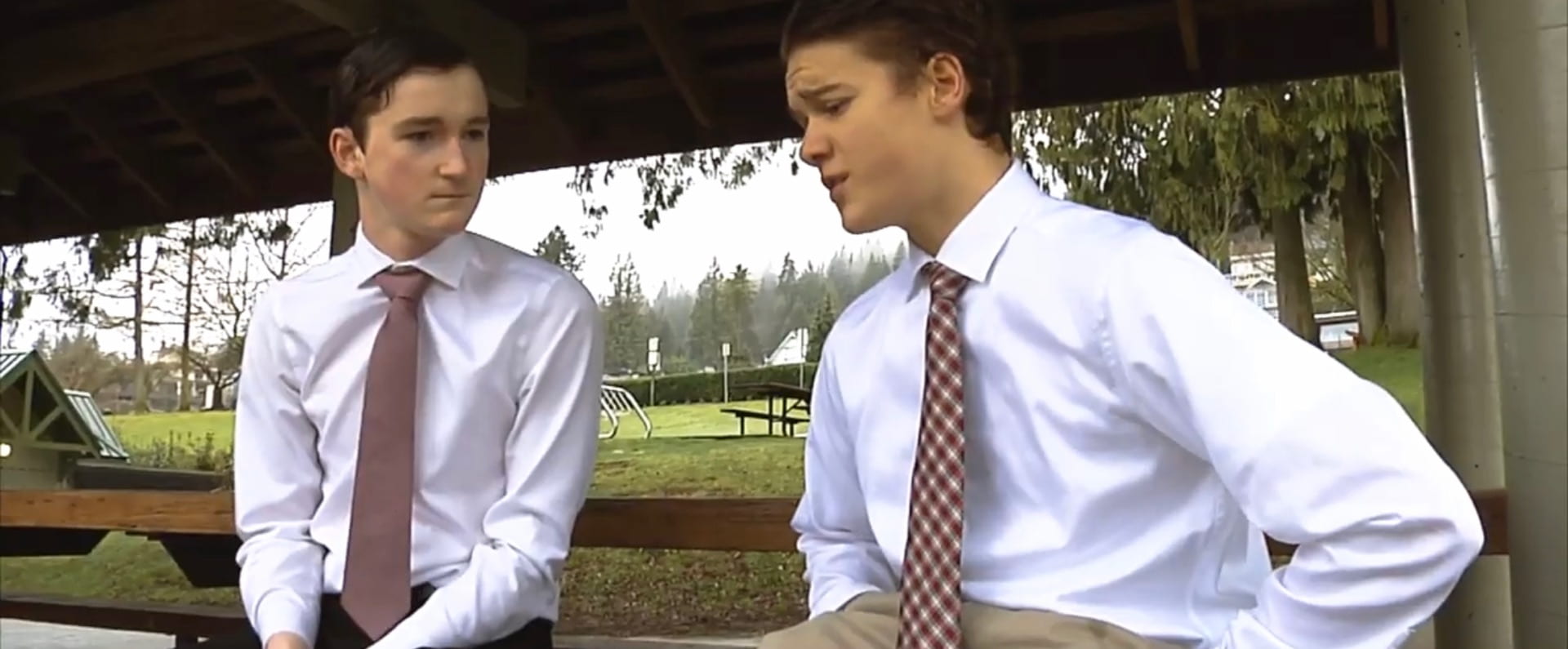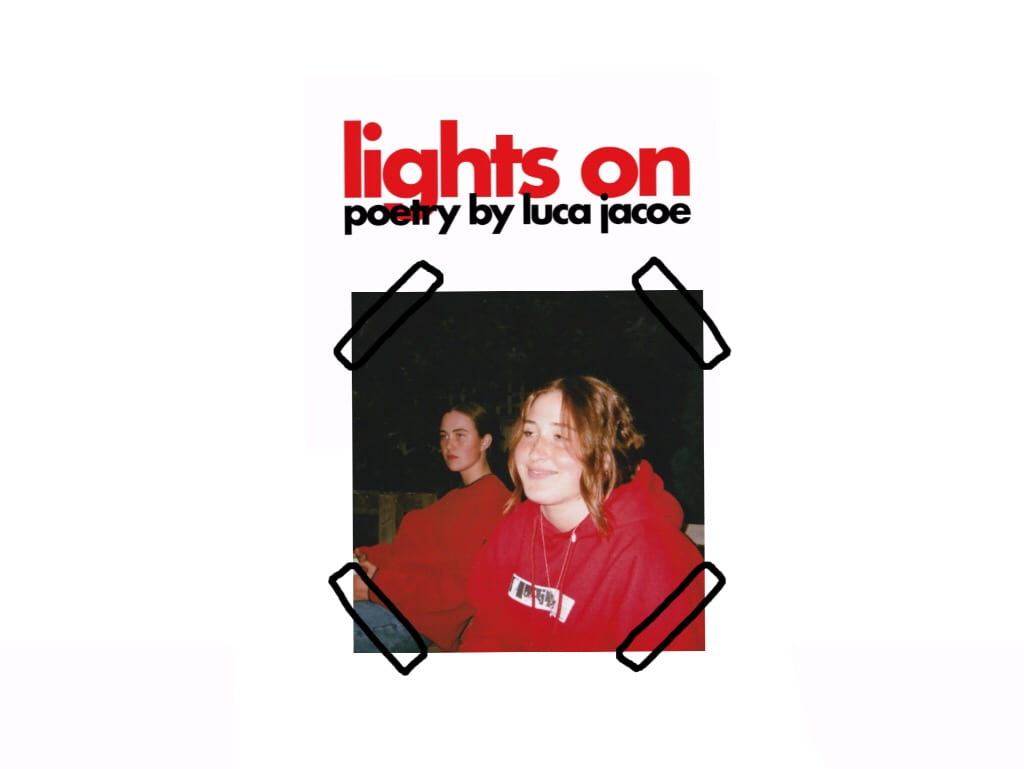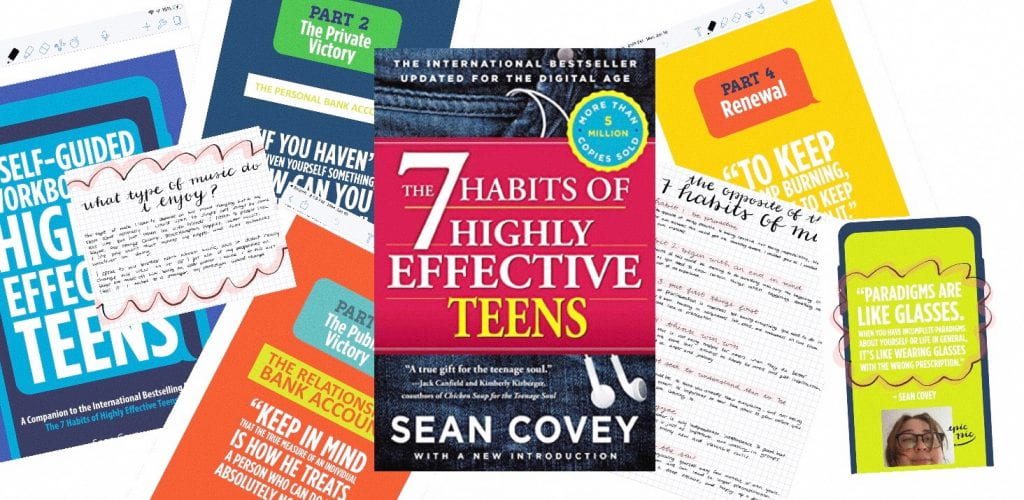Jacoe’s TPOL
Hello TPOL readers or watchers! How you are all doing well. This post is all about my grade 11 TPOL! I’m going to be wrapping up my grade eleven year by talking about all the work my class did. This year was a busy one, and because of COVID-19, it wasn’t a fully traditional year. So, let’s get into it!
WHAT AM I MOST PROUD OF?
 “Fair is foul, and foul is fair”. If you recognize that quote, you probably were forced to read Macbeth in high school too! Lucky you! All jokes aside, I was worried when I started to read Macbeth as I have a very hard time interpreting and understanding Shakespeare’s writing. But, Ms. Willemse did a great job of teaching this unit. We read the whole play as a class, making it an enjoyable and understandable piece of writing instead of a scary gibberish book. Anyways, everything I made in this unit was something I felt really good about. We did a lot of reading, writing, and discussing this unit but what stood out to me most was the movie my class and I made.
“Fair is foul, and foul is fair”. If you recognize that quote, you probably were forced to read Macbeth in high school too! Lucky you! All jokes aside, I was worried when I started to read Macbeth as I have a very hard time interpreting and understanding Shakespeare’s writing. But, Ms. Willemse did a great job of teaching this unit. We read the whole play as a class, making it an enjoyable and understandable piece of writing instead of a scary gibberish book. Anyways, everything I made in this unit was something I felt really good about. We did a lot of reading, writing, and discussing this unit but what stood out to me most was the movie my class and I made.

I was assigned production manager, which I didn’t know how to feel about as I really wanted director or director of photography, but by the end of filming the movie, I had done parts of both of those because what my role was was to basically fill in the gaps. When Giorgia (director) or Lucas (director of photography) wasn’t there on set, I filled their roles. I’m proud of myself for a few things to do with this movie…
1. Being okay with not having all the power, working with Alivia, Jessie, and Giorgia smoothly.
2. Coming up with the plot and characters of the whole movie.
3. Being able to adapt when in crisis and help others.

As production manager, I did a little more than what a traditional production manager does, but I was okay with that. Movies are what I love. Making them, watching them, anything to do with them. I was quite frustrated the first week or so of the movie part of this project because I, and the other key creatives decided on my storyline instead of Giorgia’s, so it was hard to not be able to direct my own ideas. But, I did make sure my ideas were being heard. I’m used to being a loud voice in the PLP classroom, and I was making sure the rest of the crew knew what was going on. I also tried to back away at some points and let the two main powers (Director and Producer), do their work. I didn’t want to take over, I wanted the rest of the crew to try somethings I may have already experienced.
It’s odd, because not being in control is out of my comfort zone. While the outcome of the movie is what I’m mainly proud of, I’m also very proud of the process. Macbeth is a cursed project in PLP history, as class productions never according to plan, but I feel my class did a 10/10 job. We argued, laughed, worked hard, and got closer in the process. I had never seen my class so unified. This is one of my all-time favourite PLP projects, and I’m really proud of it. (Not to mention I was a boss boom mic holder).
WHY IS THE WORK I HAVE DONE IMPORTANT & RELEVANT?
 The past 2-3 months we have been focusing on the civil rights movement, and everything connected to it. I was really glad to start this unit, as I’ve been looking forward to it all year. While the trip was canceled, I still knew it’d be a good unit because Willemse and Hughes can adapt to almost anything. Why I’m bringing up this unit is not because I’m proud of the finished project, it’s literally not done yet, but because of what state the world is in right now. It’s the most current and important thing to be learning about right now.
The past 2-3 months we have been focusing on the civil rights movement, and everything connected to it. I was really glad to start this unit, as I’ve been looking forward to it all year. While the trip was canceled, I still knew it’d be a good unit because Willemse and Hughes can adapt to almost anything. Why I’m bringing up this unit is not because I’m proud of the finished project, it’s literally not done yet, but because of what state the world is in right now. It’s the most current and important thing to be learning about right now.
Most kids leave high school not knowing much about the civil rights movement, or the black panthers, or icons like Rosa Park, Claudette Colvin, MLK, or Malcolm X, basically any black history. I think that’s terrible as it’s probably one of the most important things teenagers should be being taught and learn. While we in Canada don’t necessarily
see racism daily in our privileged little bubble of Deep Cove, there are black Americans AND Canadians and other minorities being killed and brutalized at a disgustingly high rate. I think learning about the civil rights movement is so important, as history is repeating, and we are seeing the Black Lives Matter movement being brought to the frontlines of media more than ever- Right Now. We are in a 2020 revolution against the police brutality and systematic racism in North America, and I’m so grateful I can fight while feeling educated.
 If the topic of BLM is ever brought up with anyone (very often right now) I feel educated enough to where I can spew facts and the resources. It’s so important to be able to educate on topics like this as it’s not something that’s just going to go away easily. It’s something we as a world are going to have to fight against. More than ever, the civil rights movement is now being brought to the frontlines of the global conversation.
If the topic of BLM is ever brought up with anyone (very often right now) I feel educated enough to where I can spew facts and the resources. It’s so important to be able to educate on topics like this as it’s not something that’s just going to go away easily. It’s something we as a world are going to have to fight against. More than ever, the civil rights movement is now being brought to the frontlines of the global conversation.

Anyways, the whole ‘claim supports and questions’ idea Hughes has been driving into my brain for the past few weeks is honestly very helpful to actually discussing hard topics in real life. There is always going to be someone fighting against you, and the least you can do is try to educate them. Click HERE to see how you can help/learn more about the Black Lives Matter Movement.

WHAT PROJECT WAS MOST CHALLENGING?
Ah, poetry, one of my least favourite things. Or at least, that’s what I used to think. I’ve never been the biggest fan of poetry…when it comes to mushy writing you have to share to the public, it makes me cringe a little. But this unit gave me a whole new outlook on poetry and how I think and feel about it.
Ms. Maxwell approached this project in a really cool way as before we started writing poetry
, she really broke it down to it’s most simple form AND we got to learn about a cool form of poetry, popular in the 50s called beat poetry. Anyways, why this project was hard for me is because as happy I am to talk and talk and talk, I get quite get scared to be vulnerable with my words in a school way. Poetry is normally a pretty genuine form of writing, so I was scared. Also, it makes me cringe a little like I said before. When I used to think of poetry I’d think of like 6 foot hipster men with bad mustaches performing their bad poetry at a weird cafe on a Wednesday night. I don’t think like that anymore, I think of awesome beat poets like Jack Kerouac and Amiri Baraka.
I remember having a really hard time sitting down and writing poetry. I am such a perfectionist, I wanted it to be perfect.  Thankfully, I came to a realization that poetry doesn’t have to be perfect, or even… good. It’s YOUR writing, and it’s up for interpretation.
Thankfully, I came to a realization that poetry doesn’t have to be perfect, or even… good. It’s YOUR writing, and it’s up for interpretation.
I remember letting my words flow and I wrote about 10 in an hour. Moving on from the writing process, I remember having to stand in front of the class and read two of my poems ON A MIC as a dress rehearsal. I never ever ever get nervous when it comes to presenting stuff to my small PLP class, but I remember the absolute terror and nervousness I felt before presenting.
Poems can be such vulnerable sensitive pieces of work, sharing them seemed like a nightmare to me. I was happy with the poems I wrote, but I assumed  everyone else in the class would hate them and I’d be embarrassed. But, after reading my poems with my shaky hands and dry nervous mouth, I saw my peers and Ms. Maxwell smiling and clapping. It was instant relief. School can be quite repetitive, but this project was new and exciting.Later on had to present my poetry to basically everyone I ever know in a small gym room for the winter exhibition, dressed as an…. Ewok. But surprisingly I wasn’t as scared as I was when presenting to just my class. I had overcome my fear and hate towards poetry, and that was for sure one of the hardest things I did that year.
everyone else in the class would hate them and I’d be embarrassed. But, after reading my poems with my shaky hands and dry nervous mouth, I saw my peers and Ms. Maxwell smiling and clapping. It was instant relief. School can be quite repetitive, but this project was new and exciting.Later on had to present my poetry to basically everyone I ever know in a small gym room for the winter exhibition, dressed as an…. Ewok. But surprisingly I wasn’t as scared as I was when presenting to just my class. I had overcome my fear and hate towards poetry, and that was for sure one of the hardest things I did that year.
BYE GRADE 11!
Overall, this year was a beautiful mess. With corona infiltrating my end of the year, to dressing up as Ewoks, to filming Macbeth, it was an awesome year. I tried a lot of new things and I can tell my little learning brain has grown, and that’s why I feel I’m ready for grade 12. (Scary). Thank you to everyone who put up with me this year!








